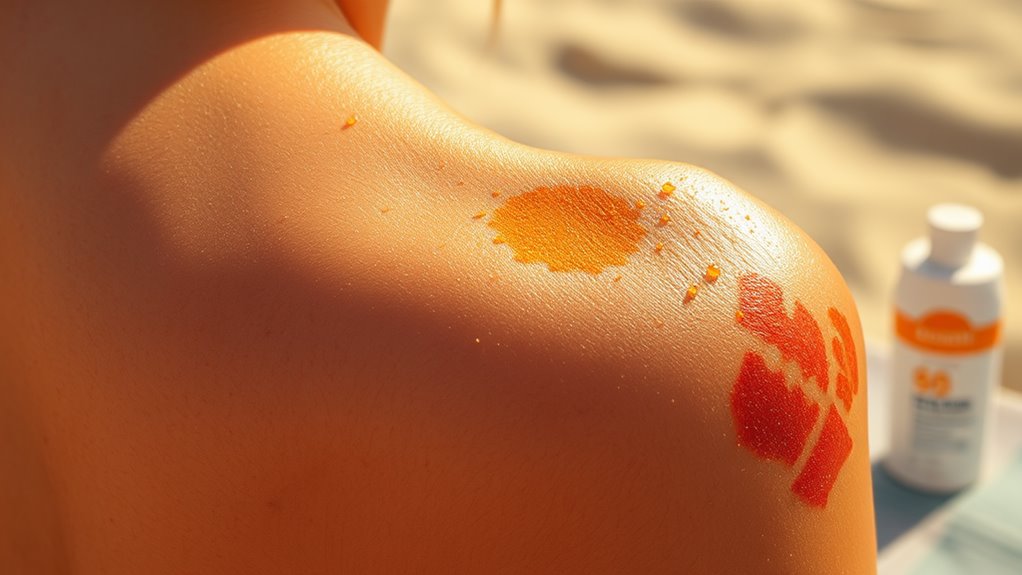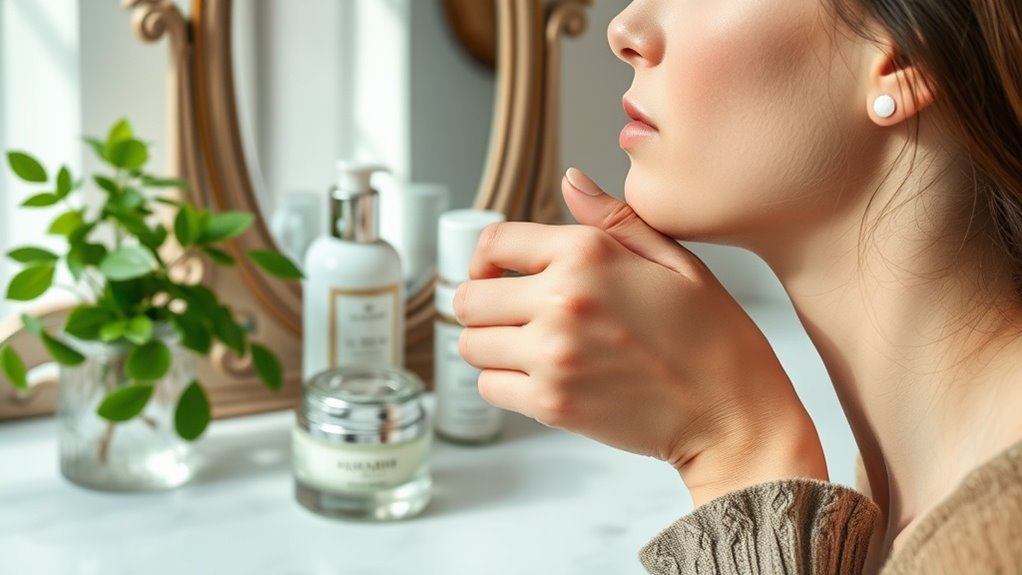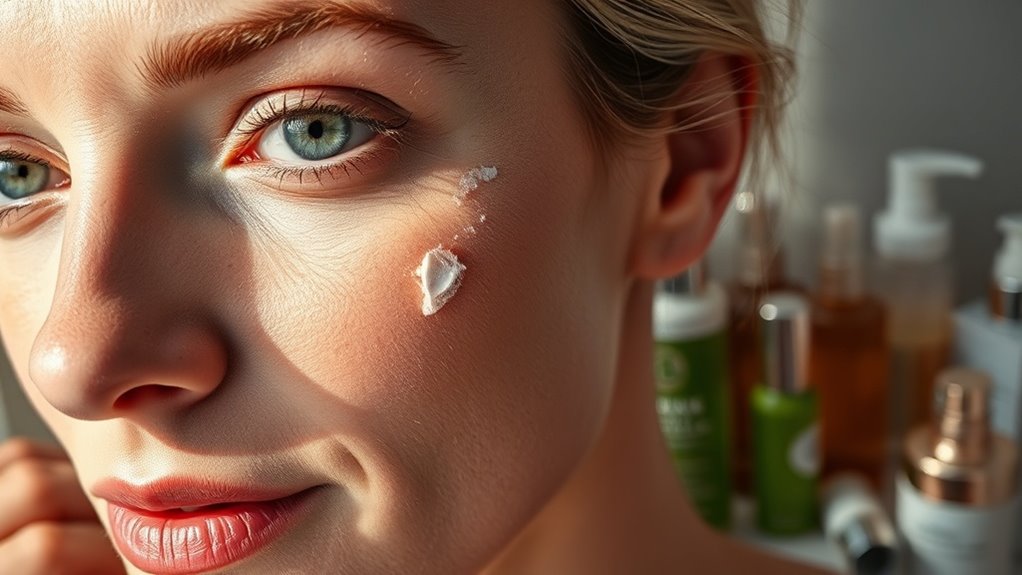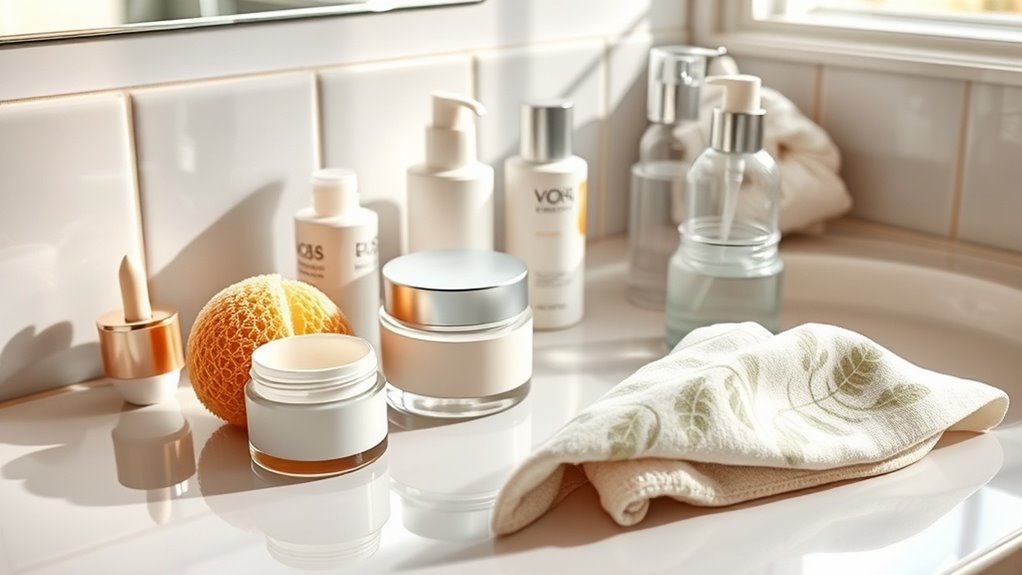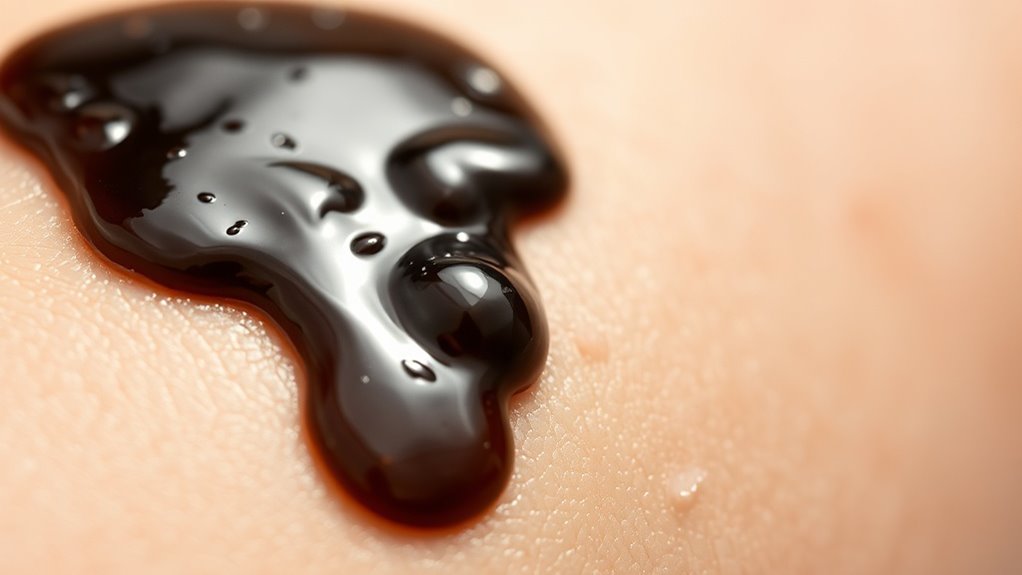You’ll Be Shocked What Skipping Sunscreen Really Does
You might think skipping sunscreen is a harmless choice, but the consequences are far from minor. UV rays can penetrate your skin, causing DNA damage and increasing your risk of serious conditions like melanoma and basal cell carcinoma. The effects don’t stop there; premature aging manifests as fine lines and dark spots. Curious about how these factors intertwine and what you can do to protect your skin?
Key Takeaways
- Skipping sunscreen increases your risk of skin cancer, with UV radiation contributing to 90% of melanoma and squamous cell carcinoma cases.
- Neglecting sunscreen accelerates premature skin aging, leading to fine lines, dark spots, and a leathery texture over time.
- UV rays can penetrate clouds, meaning daily sunscreen application is crucial for skin protection, even on overcast days.
- Misjudging your skin type may lead to irritation and breakouts, emphasizing the need for proper sun protection tailored to your skin’s needs.
- Regular sunscreen use not only protects your skin but also promotes a smoother, more radiant complexion while preventing long-term damage.
The Dangers of UV Exposure
Have you ever considered just how harmful ultraviolet (UV) rays can be to your skin?
These invisible rays penetrate deep, causing cellular damage that can lead to skin cancer.
The importance of sunscreen can’t be overstated; it acts as a barrier, absorbing or reflecting UV radiation.
Without adequate protection, you’re exposing your skin to the risk of harmful effects, including sunburn and compromised skin integrity.
Even on cloudy days, UV rays can reach you, so daily application is essential.
Prioritizing sunscreen not only safeguards your skin but also promotes long-term skin health, allowing you to enjoy outdoor activities safely. Furthermore, never skipping sunscreen is crucial in minimizing the risk of premature aging and ensuring your skin remains youthful and vibrant.
Premature Aging and Skin Damage
Skipping sunscreen not only increases the risk of skin cancer but also accelerates the aging process of the skin.
UV rays break down collagen and elastin, leading to visible signs of aging.
Without protection, you might notice:
-
Fine lines creeping around your eyes and mouth.
-
Dark spots appearing on your cheeks and forehead.
-
A leathery texture that feels rough and aged.
These changes can make you look older than you really are.
Regularly applying sunscreen helps preserve your skin’s youthful appearance, keeping it smooth and radiant while shielding it from harmful UV damage. In fact, small changes in your daily routine can significantly enhance skin health and overall vitality.
Don’t neglect this crucial step in your skincare routine.
The Connection to Skin Cancer
How does neglecting sunscreen heighten your risk of skin cancer? When you skip sunscreen, you’re exposing your skin to harmful ultraviolet (UV) rays, which can damage your DNA and lead to mutations. Over time, these mutations increase your chances of developing skin cancer, including melanoma, basal cell carcinoma, and squamous cell carcinoma. Regular sunscreen application significantly reduces this risk.
| Skin Cancer Type | UV Radiation Contribution | Risk Reduction with Sunscreen |
|————————-|————————–|——————————-|
| Melanoma | 90% | 50% |
| Basal Cell Carcinoma | 80% | 40% |
| Squamous Cell Carcinoma | 90% | 50% |
Misconceptions About Skin Types
What do you really know about your skin type and its unique needs?
Many people fall prey to misconceptions that can harm their skin.
-
Oily skin doesn’t need moisturizer; it does, just a lightweight one.
-
Dry skin can’t be prone to acne; it can, especially when using harsh products.
-
Sensitive skin is just a temporary condition; it’s often a lifelong concern requiring consistent care.
Understanding your skin type is essential for effective skincare. Hydration is crucial for all skin types, including oily skin, to maintain balance and prevent excess oil production.
Recognizing your skin type is crucial for achieving optimal skincare results.
Misjudging its needs can lead to irritation, breakouts, and long-term damage.
Always prioritize tailored solutions to maintain healthy, radiant skin.
The Importance of Daily Sunscreen Use
Understanding your skin type lays the groundwork for effective skincare, but daily sunscreen use is a non-negotiable step in any routine. UV radiation can lead to skin damage, premature aging, and increased cancer risk. Applying sunscreen every day shields your skin from harmful rays, ensuring you maintain a youthful appearance and overall skin health.
| Benefit | Description |
|——————-|————————————–|
| Skin Protection | Shields against UVA/UVB rays |
| Anti-Aging | Reduces signs of premature aging |
| Even Skin Tone | Prevents sunspots and discoloration |
| Health Defense | Lowers skin cancer risk |
| Hydration Support | Many formulas provide added moisture |
Tips for Choosing the Right Sunscreen
Choosing the right sunscreen is crucial for protecting your skin from harmful UV rays, and there are several key factors to consider.
-
SPF Level: Opt for a broad-spectrum sunscreen with at least SPF 30 to ensure adequate protection against both UVA and UVB rays.
-
Water Resistance: If you’re swimming or sweating, choose a water-resistant formula to maintain protection.
-
Skin Type Compatibility: Select a sunscreen that suits your skin type—look for non-comedogenic options if you have oily or acne-prone skin. Additionally, using sunscreen daily can help prevent dark spots from developing due to sun exposure.
